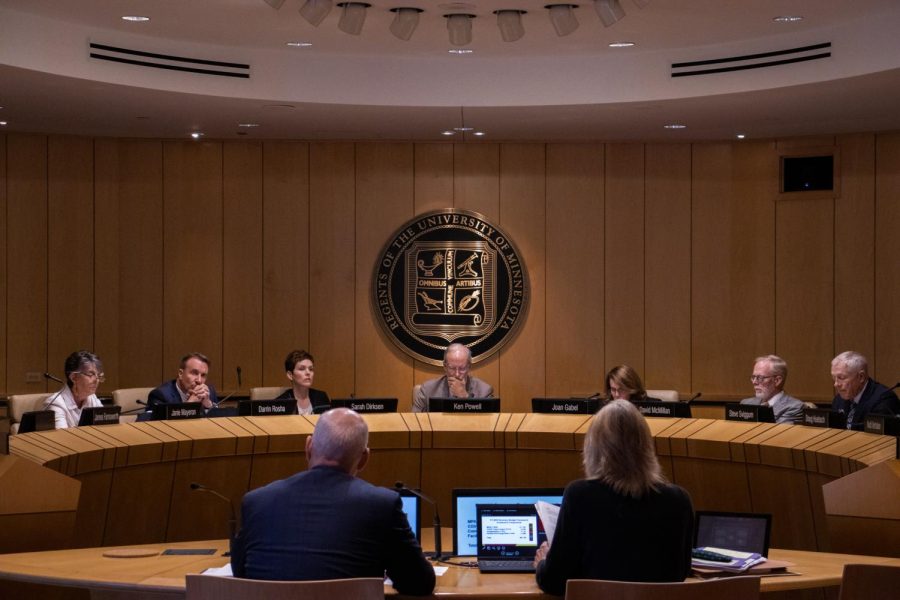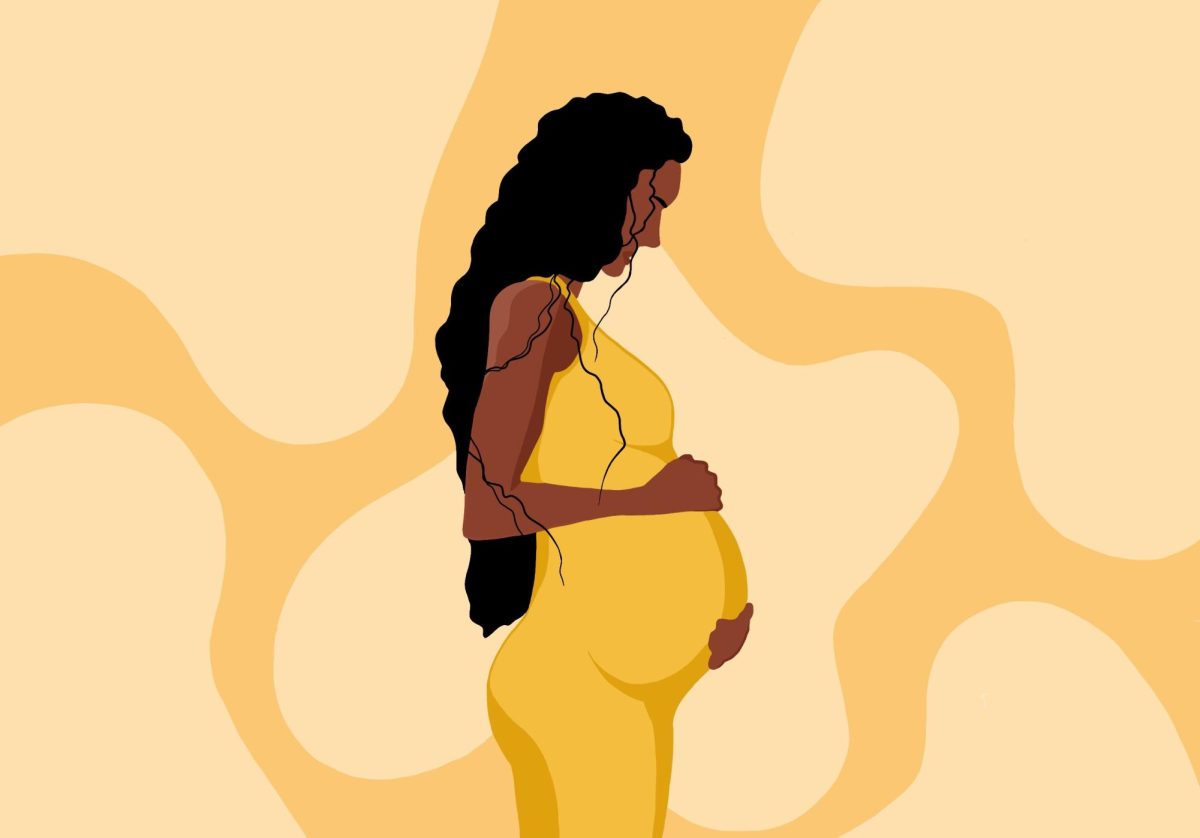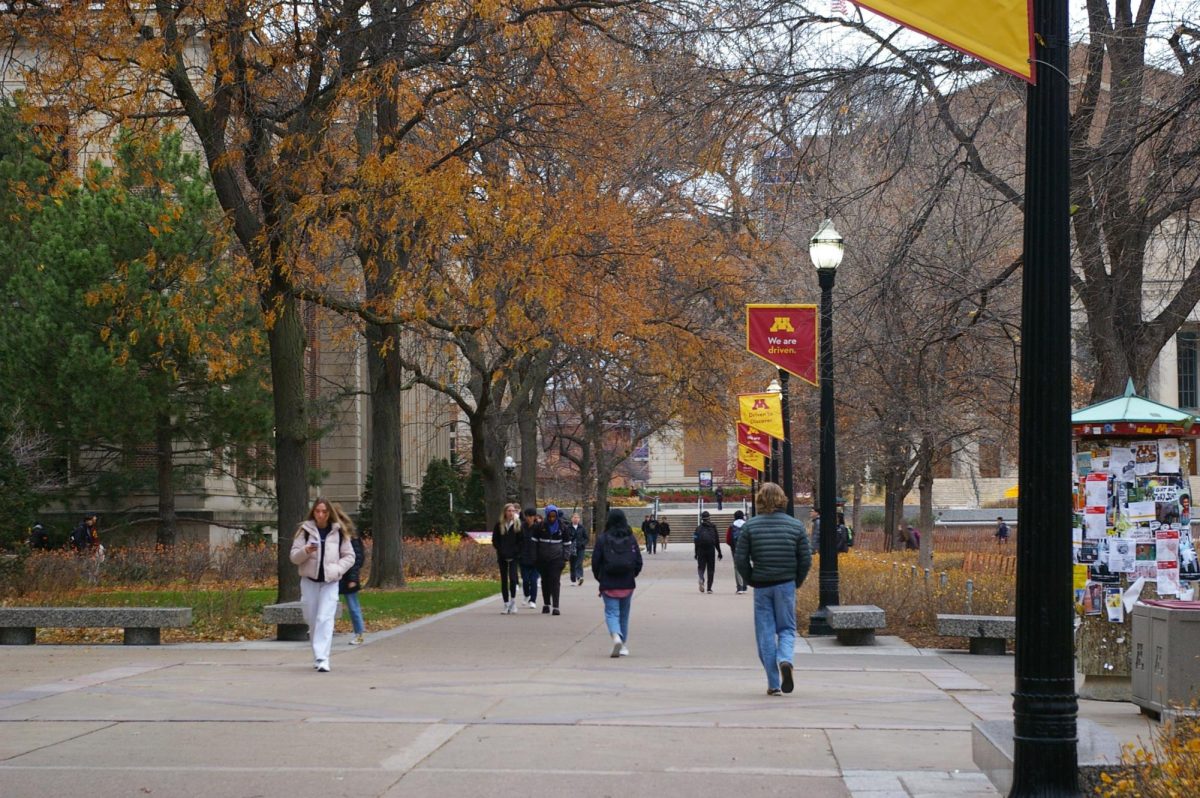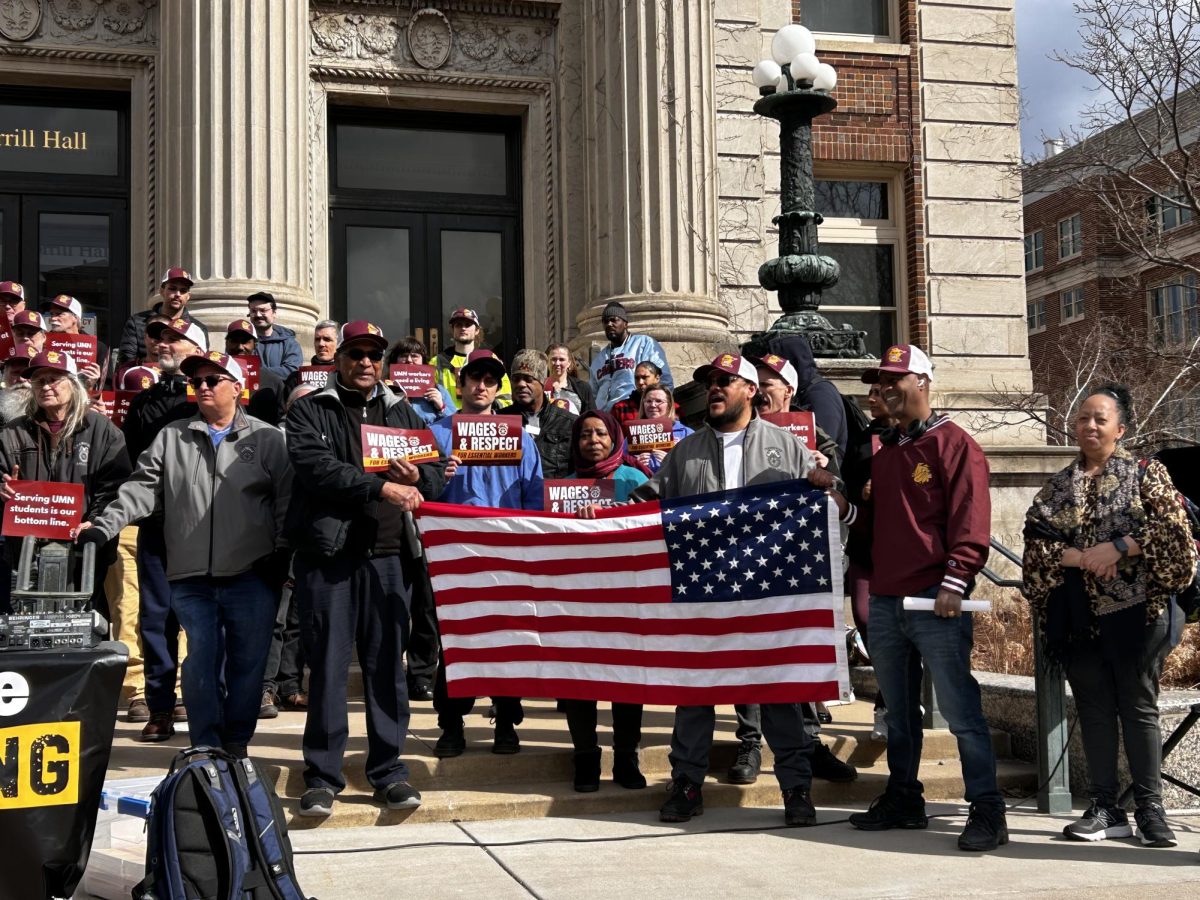The University of Minnesota Board of Regents approved the “Get the Vax 2.0” policy at a special board meeting Friday, a plan that makes the COVID-19 vaccine mandatory for students contingent on U.S. Food and Drug Administration (FDA) approval.
Currently, the FDA has only approved COVID-19 vaccines for emergency use, but University leadership expects that full approval of at least one vaccine is imminent. Previously, the University chose not to require masks or vaccines for students, faculty and staff, until recent increases in cases and transmission with the delta variant.
“We need to take action here to prevent another period of remote learning in our University triggered by another surge in the pandemic,” board chair Kendall Powell said at the meeting. “This resolution would allow us to do that.”
As it stands, “Get the Vax 2.0” would impact the entire University community, but in different ways, according to University President Joan Gabel.
There will be qualifying exemptions that allow students to remain unvaccinated in certain situations. These include medical exemptions with the appropriate documentation from a clinician, as well as exemptions related to religion, Gabel said.
For current required vaccines, there are medical, religious, and conscientious exemptions, Regent Darrin Rosha said at the meeting. The COVID-19 vaccine requirement will not include a conscientious exemption, which allows students to opt out of the vaccine due to personal beliefs, so it will be treated differently than other required vaccines.
Under “Get the Vax 2.0,” faculty and staff will not need to adhere to a COVID-19 vaccine mandate, but they will confirm whether they are vaccinated through online attestation, Gabel said. They will also undergo frequent testing when necessary if they are exposed to the virus or experiencing symptoms, especially if they are not vaccinated.
“The difference in how faculty and staff are being treated and how students are being treated is a reflection of the fact that students are currently covered under a vaccine mandate policy, and faculty and staff are not,” Gabel said at the meeting.
Gabel also said there is nothing preventing a vaccine mandate for staff and faculty, and the University might add those groups to the mandate in the future.
The indoor masking mandate will also continue as part of the “Get the Vax 2.0” policy, Gabel said. The University will regularly review this mandate as data is updated.
Gabel said the University’s decisions to mandate indoor masking and vaccines upon FDA approval were based on information from health experts, data and trends, both nationally and locally.
While the majority of the board was in favor of this policy with a 10-1 vote to approve it, there were still concerns among the University community.
One concern among students is the timeline of this policy, Regent James Farnsworth said at the meeting. Once the FDA approves a vaccine, the proposed student mandate would take effect six weeks later. Some people think this may be too late, according to Farnsworth.
Gabel said there will be a grace period with this policy as there is for other vaccines, however, full details of that grace period have not been finalized and released yet.
“Details on timing and grace periods for the vaccine requirement…and how we’ll work failure to comply and the consequences for that are forthcoming [and] being managed through shared governance,” Gabel said at the meeting.
The Senate Consultative Committee along with other University leaders will hold a virtual town hall at 9 a.m. on Wednesday, Aug. 18 to provide more details on the policy and answer questions from University community members that have not been addressed.
While this policy will mandate vaccines for students and more closely monitor staff and faculty, most of the University community that has been surveyed so far is already vaccinated, Gabel said.
“This [policy] is to close as much of the gap as possible in order to ensure the delta variant and other variants that may be coming do not interfere with our strong desire to have the most robust fall semester we possibly can,” Gable said at the meeting.


















